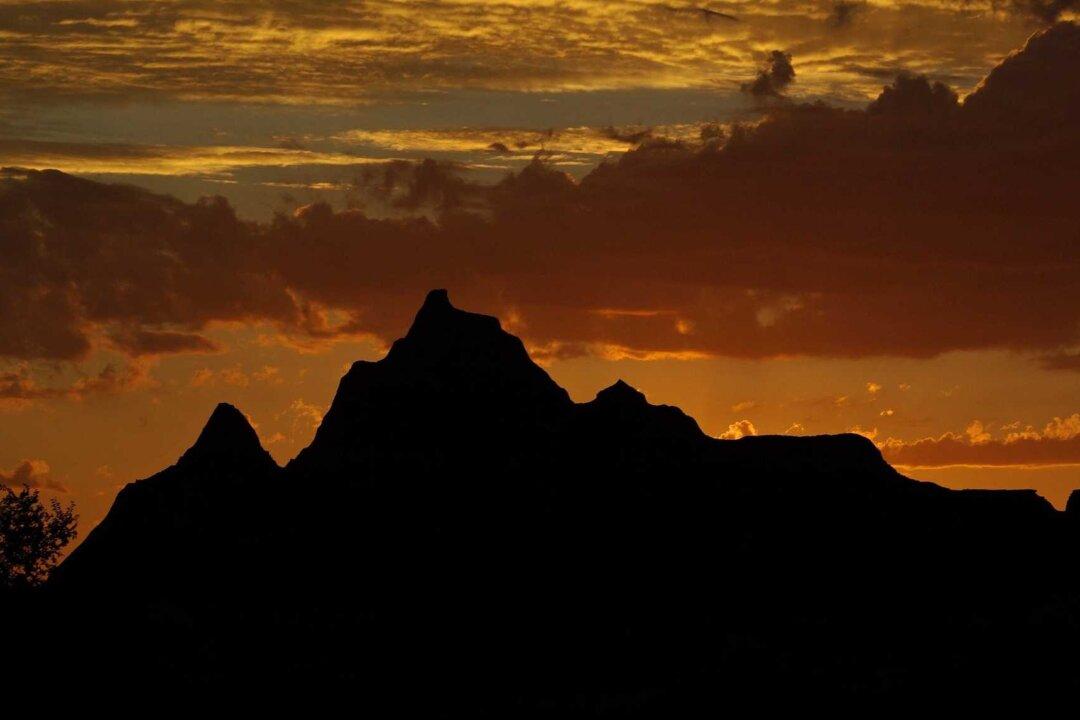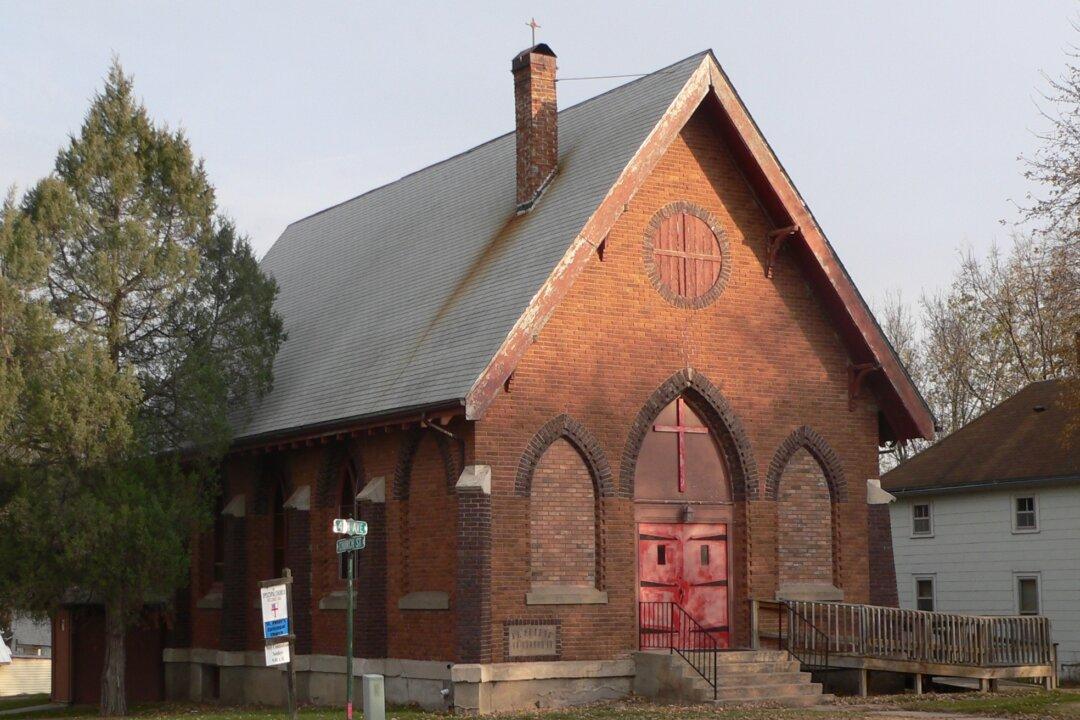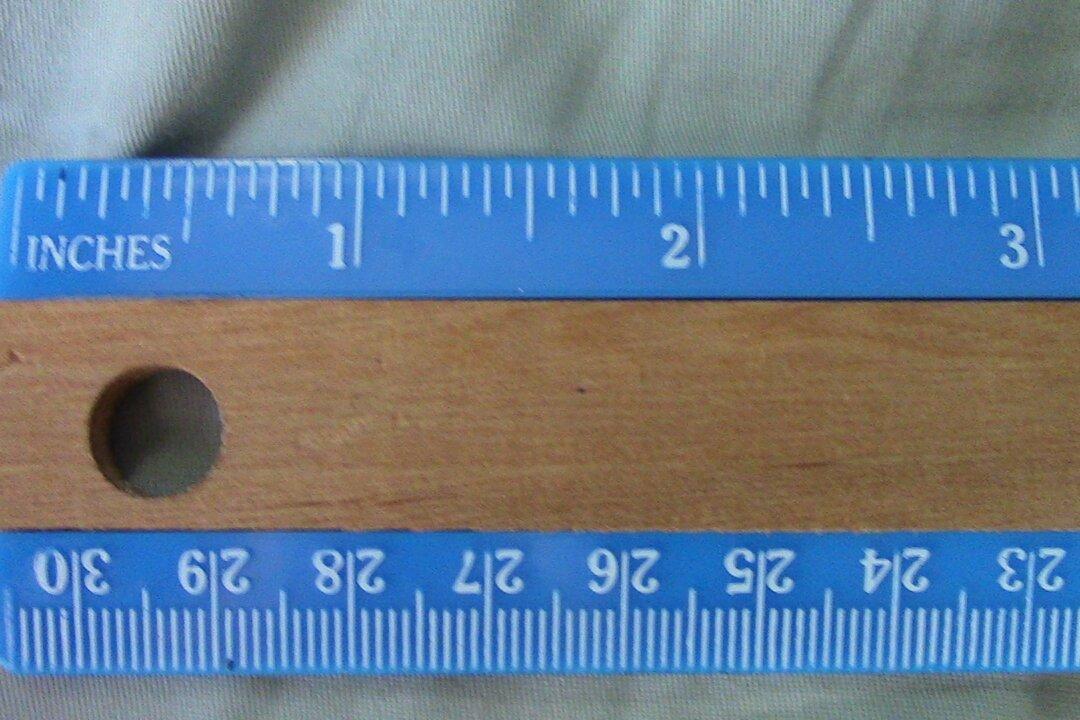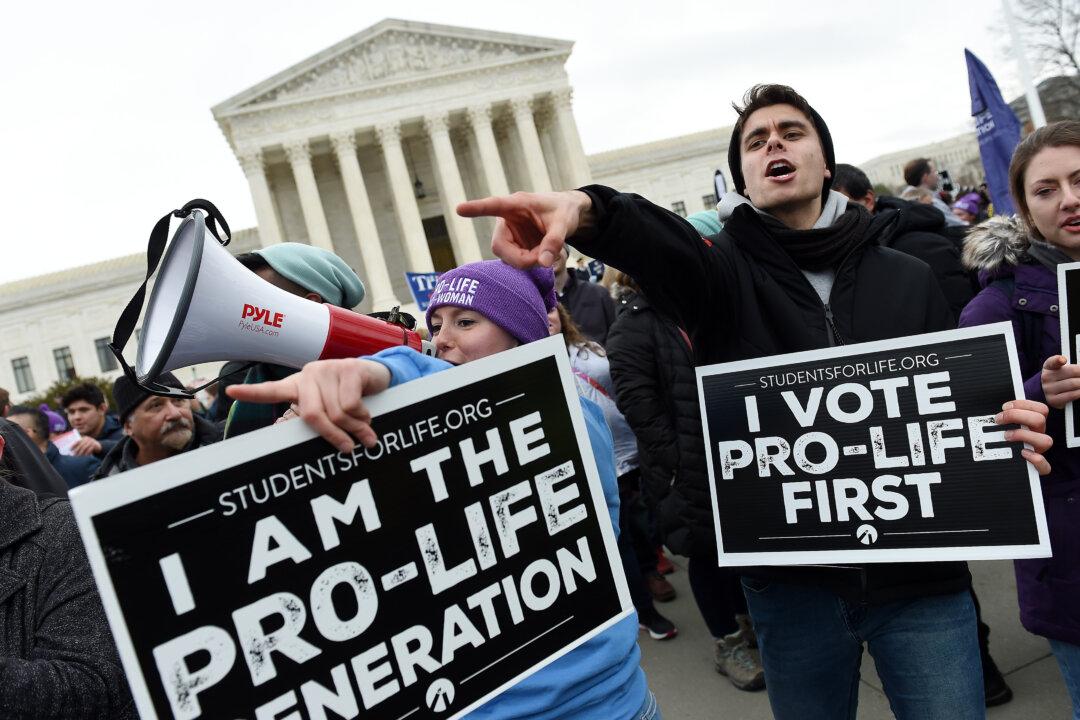Commentary
This morning, I woke to a dove moaning on my windowsill, a woodpecker pounding on a nearby cedar, and all the dogs in town barking at an unexpected hot-air balloon rising over the pine-capped hills to the south: frantic warnings that aliens were descending from the skies.





